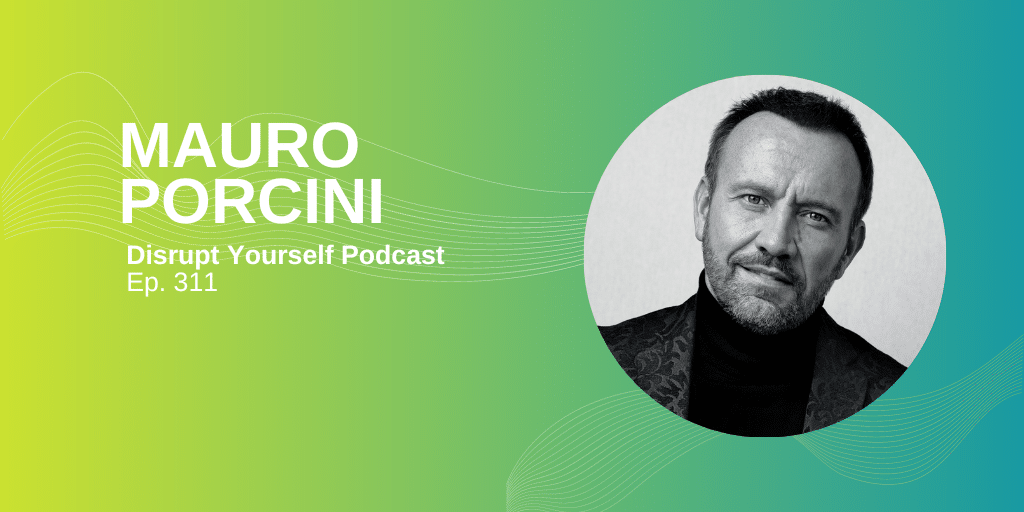“A person’s name is the sweetest and most important sound in any language.” – Dale Carnegie
A few years ago, I had a podcast producer with a lengthy history in public radio suggest that I work with a speech coach.
If you’ve known me for a long time, you’ll know that there is nothing obviously poor about my speech. But she encouraged me, saying that when I speak, my breathing, articulation, and the cadence could be improved.
I have learned all sorts of things over the past two years from my coach, including that learning to sing helps with our speech. Something my coach pointed out a few months ago really grabbed my attention. She said, “Sometimes you say your name like it’s a question.”
I was immediately curious: why do I do that? What does that mean?
More importantly, what do I want to do instead?
In Smart Growth, we talk about using our words. Words have deep creative power. Words are endowed with meaning. We can use our words to help make ourselves who and what we want to be.
If we say our name as a question, perhaps we are questioning our place in the world. But if we say our name in a declarative way, we are claiming our place in the world.
Research indicates that feel-good hormones are released when our ears encode that our name has been said out loud. Typically, that is when someone else says our name. One of our team members relates an experience she had in a recent meeting. The leader of the meeting referred to one of the women present as “Mary’s sister.”
Mary was also in the meeting. She is more outspoken and extroverted than her sister, who is more reserved and easier to overlook. There was not malice or bad intention in the leader’s mistake. He simply had a brain cramp like we all sometimes experience and didn’t remember the name in the moment.
After the meeting, our team member made a point of speaking with “Mary’s sister,” and asked, “How are you today, Rosanne?” Rosanne replied, “I’m fine. Thank you for saying my name.”
We want others to identify us by name, not by our relationship to some other person. When we speak our name, we should do it in a way that signals to our unconscious brain that we like, trust in, and have empathy for ourselves, and we occupy a unique spot in the universe. We are a person of worth.
When we are not able to make a place for other people, it might be because we don’t properly make a place for ourselves. We start to respect others’ individuality by respecting our own.
By saying our name in a way that signals that we belong, we remind ourselves that we do. When we address others by name, we signal that they belong too.
So, my invitation this week is to observe: how do you say your name?
How do you want to say it? Is your name—and the person you are—as Dale Carnegie observed, sweet to you?
This week’s podcast guest is Mauro Porcini, the first chief design officer at PepsiCo, a job that was created for him. This is one of the great formulas disruptors use (other podcast guests who’ve had jobs created just for them include Michelle McKenna and Sarah Feingold).

There is so much to learn from Mauro’s approach to innovation in his aptly named book: The Human Side of Innovation. Enjoy.
As always, thank you for being here.
My best,
Whitney
P.S. If you are a coach or leader looking for an opportunity to help others grow, check out the Disruption Advisors’ Smart Growth Certification program. Learn more and register here.

